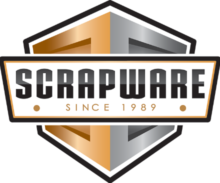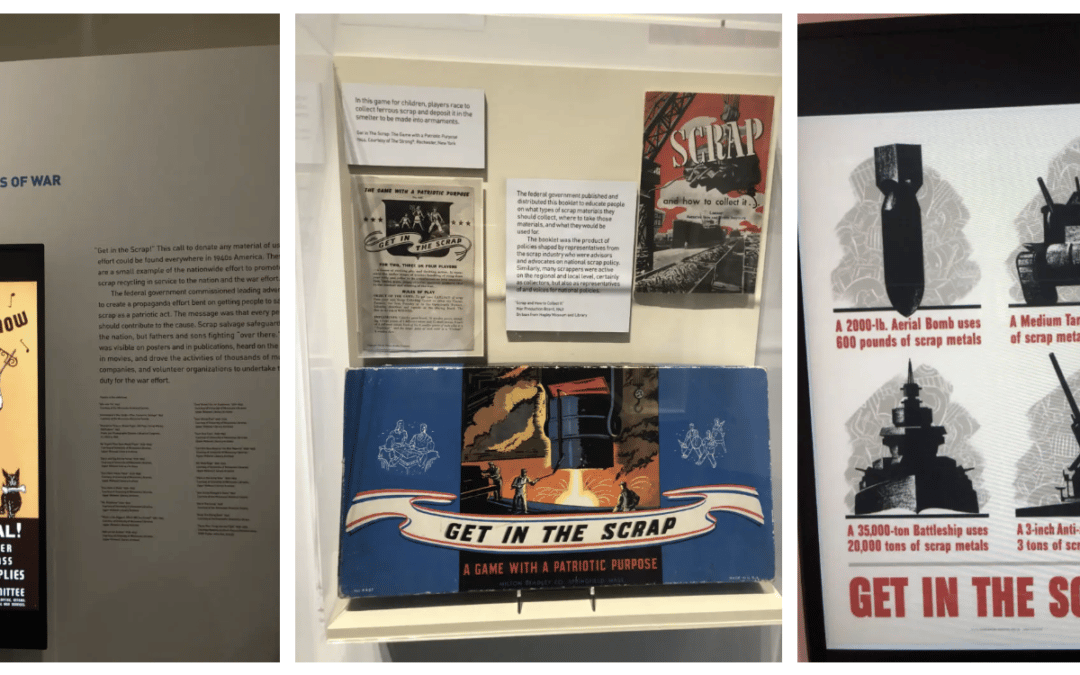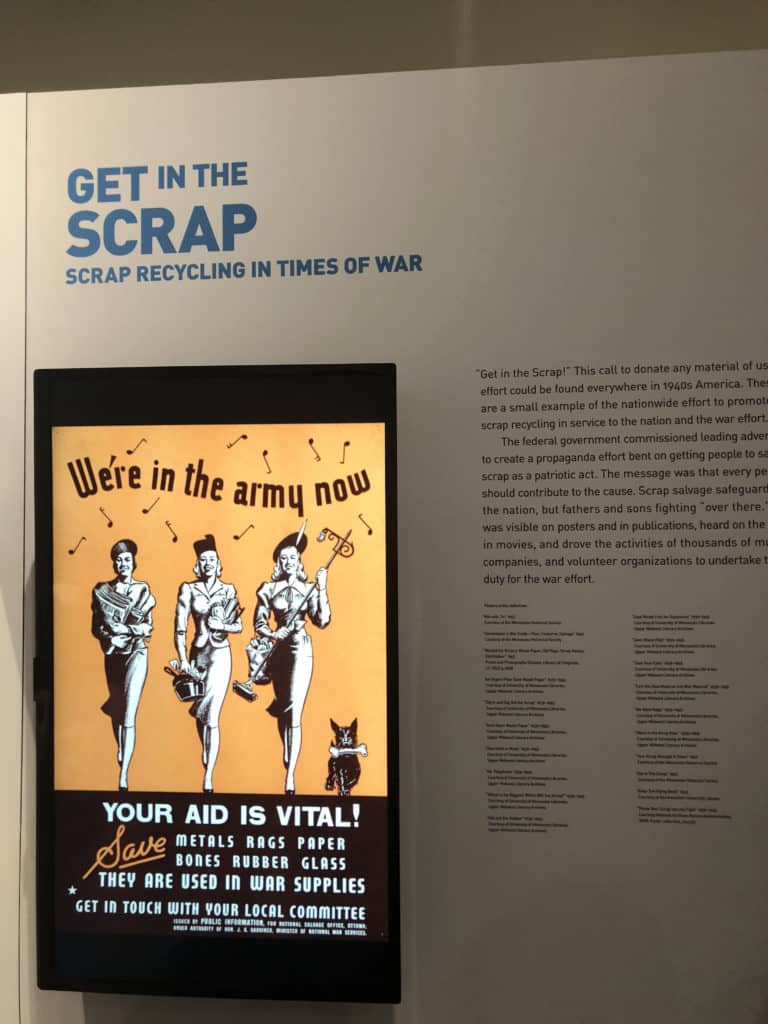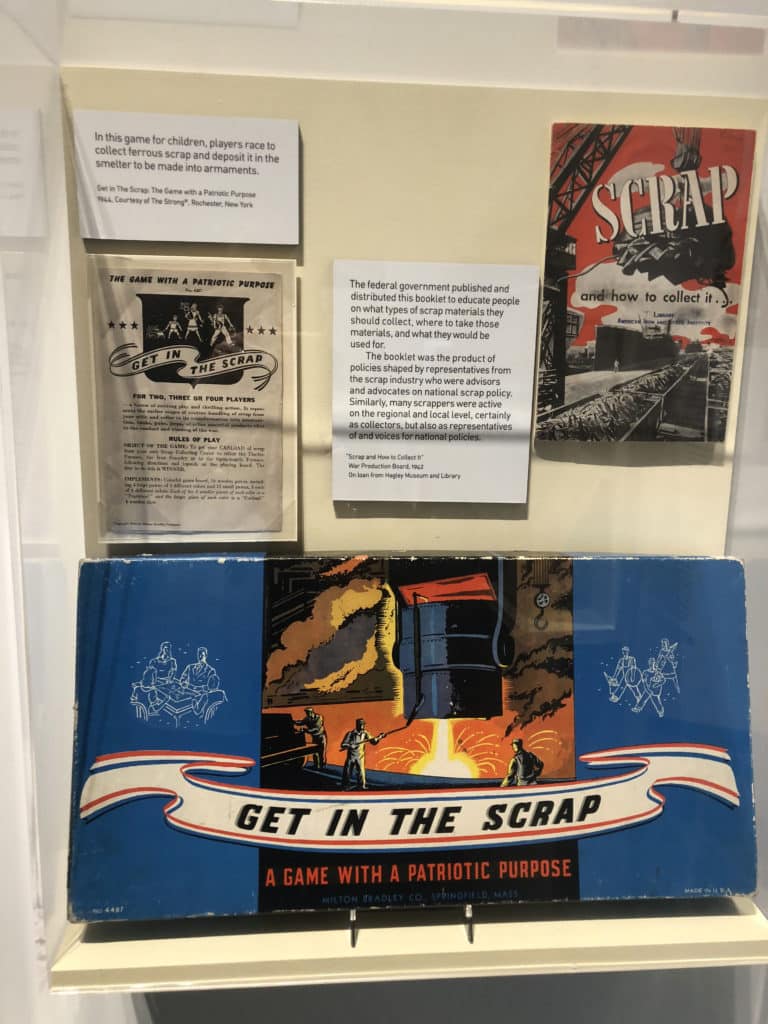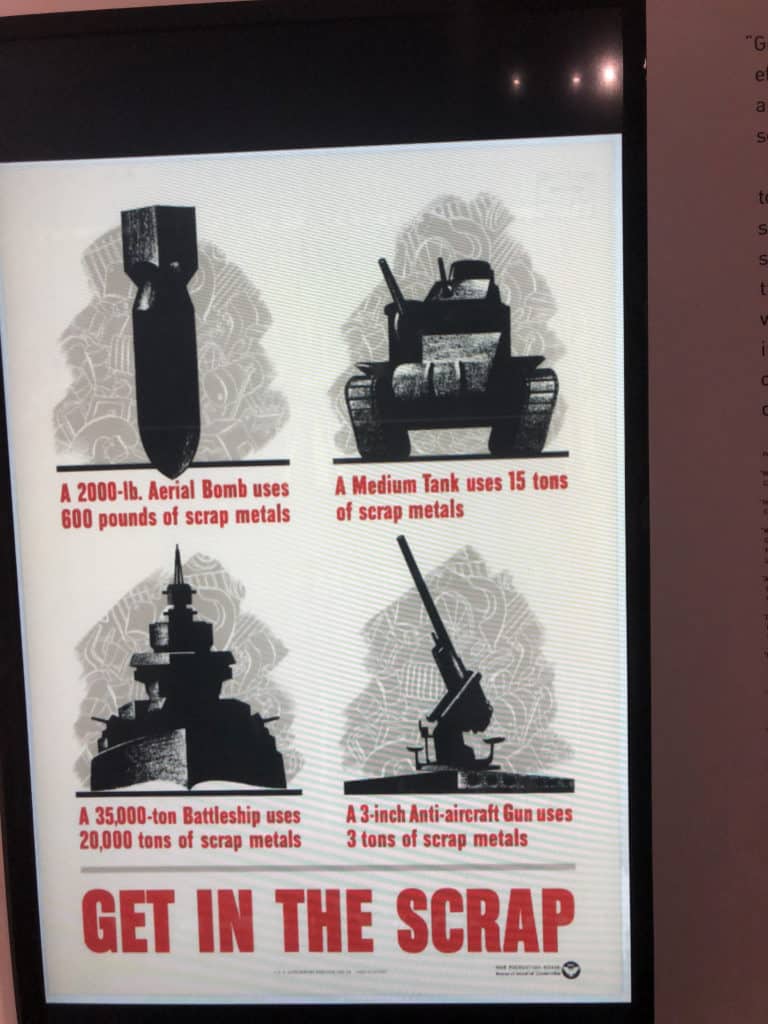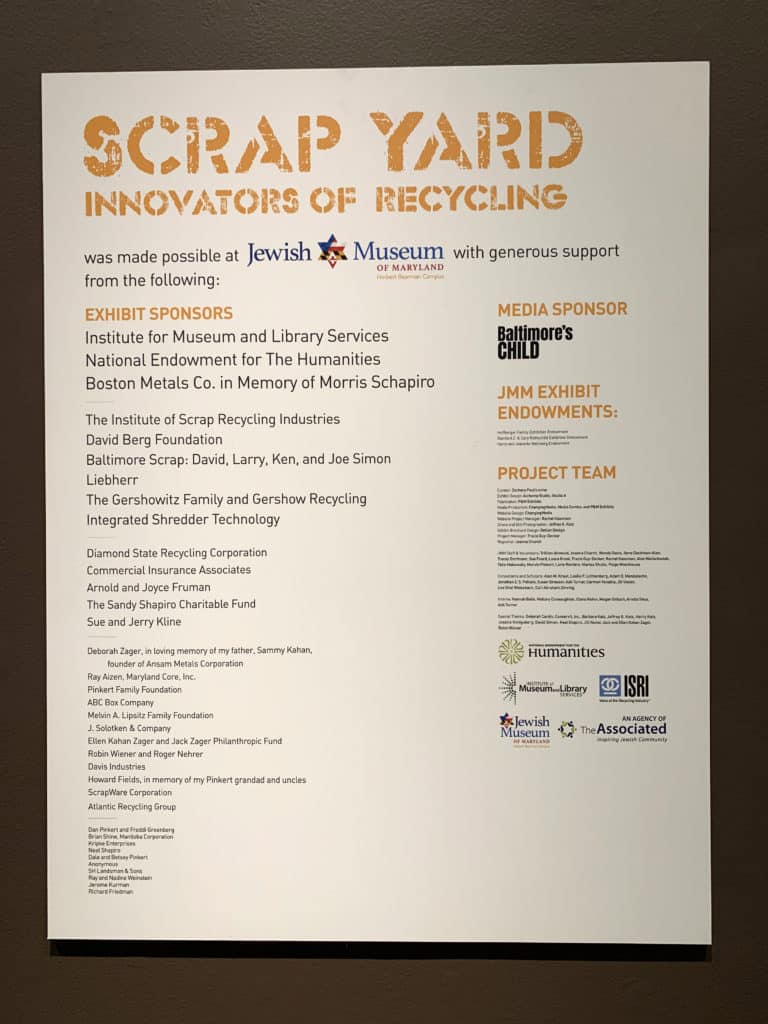Reduce, reuse and recycle is a well-known mantra today.
Recycling is required in many municipalities and most Americans consider it a civic duty to their community and the environment to recycle. This wasn’t always the case, however. Although scrap metal recycling has been around for thousands of years, it was roughly 80 years ago when scrap metal recycling took off in the United States. It was the nation’s involvement in World War II in 1942 that provided a breakthrough for the US scrap metal recycling industry.
Scrap metal recycling began well before 1942. Reusing, reforming, and reshaping metal dates back to ancient times when craftsmen worked with molten metals to make tools. Blacksmiths and silversmiths played an important economic role in early American history as well. But, after Pearl Harbor was bombed in December 1941, the demand for scrap metal in the United States went to unprecedented levels, as there was a shortage of materials needed for the war effort. By 1942 a massive amount of metal was needed to ramp up production of tanks, ammunition, planes, vehicles and more.
The U.S. government launched a nationwide campaign urging Americans to do their part to help win the war by gathering and contributing anything made out of aluminum, copper, steel or tin so it could be recycled for war supplies. Recycling scrap metal became a patriotic duty in American homes. “Get in the Scrap” became the government slogan encouraging citizens to donate scrap ferrous metal and non-ferrous metal alike needed to manufacture equipment, weapons and vehicles to win the war. This full court press to encourage recycling included posters, booklets and programs with names like “Scrap for Victory” and “Salvage for Victory.” School children were urged to participate in the collections, and contests and rallies generated enthusiasm. To promote the cause a “Get in the Scrap” board game was even created to increase interest in recycling. “A Game With a Patriotic Purpose” was written on the box top.
Anything and everything made from metal was collected from urban and rural areas alike. Families donated pots and pans, farmers stripped parts from old machinery and cities donated old cannons on display from previous wars. An informational chart from the era illustrated what scrap was worth in terms of war implements. An old flat iron would make two steel helmets, a set of snow tire chains could make 20 anti-aircraft shells, and a wash pail could turn into three bayonets.
Not only did WWII call attention to the importance of scrap metal recycling, but the war also had a significant impact on the future growth and development of recycling industries. As the need for recycled material increased, metal recycling companies had to come up with better ways to process more material in a faster, more efficient manner. This inspired innovation, increased the recycling rate, fueled industry growth and improved the reputation of the scrap metal recycling industry. After the war, the growth did not slow down, as there was a new demand to take the old wartime scrap and recycle it into new consumer products like components for new homes and automobiles. The seeds had been planted and its value proven—the utilization of scrap metal in American manufacturing became entrenched and was part of a new environmental movement.
Today, the importance of recycling is part of a new kind of patriotism. Now Americans look to recycle metal as part of their duty to keep dangerous materials out of landfills, to conserve natural resources by using existing material instead of newly mined raw materials, and to save energy with recycled material that consumes less energy than manufacturing brand new virgin material.
About ScrapWare Corporation: Since 1989, Rockville, Maryland-based ScrapWare Corporation has been the software of choice for the recycling industry. Its ease of installation and simplicity saves users time and money, while helping them achieve compliance and maintain accurate business insights. With state-of-the-art functionality that‘s tailored to each organization’s unique requirements, ScrapWare is an advanced dynamic software solution that alleviates the most pressing recycling industry worries. For more information, please call (301) 517-8500 or visit https://www.scrapware.com/.
